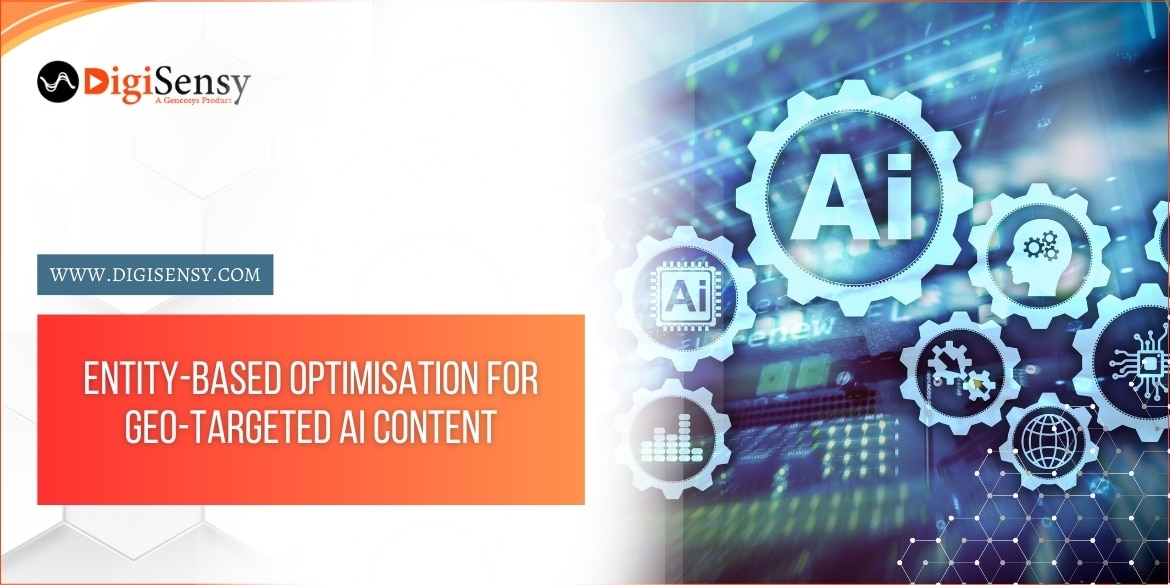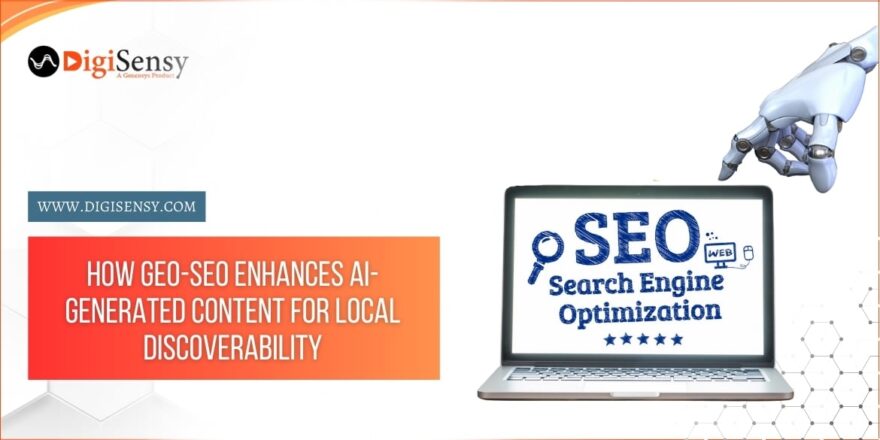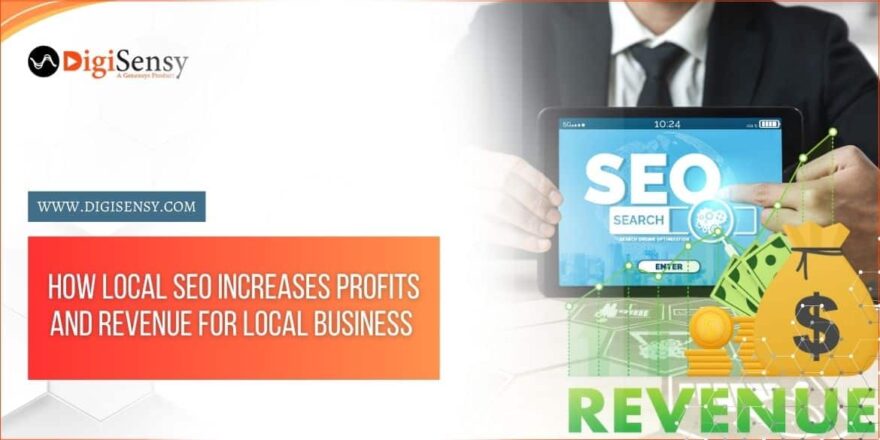In the ever-changing SEO world, content is no longer merely about keywords. It is about meaning, context, and pertinence. Search engines like Google have moved towards grasping “entities” instead of just matching word queries. This has brought entity-based optimisation into the limelight for anyone wanting to rank higher, especially when focusing on a geographically targeted audience.
When coupled with geo-targeting, entity-based optimisation enables brands, businesses, and publishers to build content twofold: extremely inherently relevant to a location and intrinsically linked to the concepts grasped by search engines. It’s this way your content really will show up-the show-up at the right place, right time, for the right audience.
What Is Entity-Based Optimisation?
In order to explain what entity-based optimisation means, we first have to understand what the term “entity” means in SEO. An entity is any clearly defined concept, person, place, or thing that is recognised and identifiable by search engines. For example, “Eiffel Tower” is an entity-it is not just a simple keyword; it is a particular structure in Paris with immense historical, cultural, and geographical significance.
In SEO, entity-based optimisation is about preparing content that can be meaningfully linked to these concepts. Rather than stuffing the content with keywords, the approach here is to present information rich in structure that is semantically relevant so that search engines can understand it and link it to their knowledge graphs.
When entity-based optimisation is well implemented, it makes your content:
- Trustworthy for search engines
- Contextually rich for users
- Ready long-term ranked, even when algorithms change
The Role of Entities in Google’s Understanding of Content
Search engines employ quite a few weird and wonderful NLP techniques to grasp content beyond keywords alone. Using something called the Knowledge Graph, these relations are established between entities: linking places, persons, and topics in a world of meaning.
For instance, in writing about “coffee shops in Melbourne,” Google recognises:
- Coffee shop as a business-type entity
- Melbourne as a geographical entity
- Possible sub-entities such as particular cafés, famous streets, or references to the coffee culture
When you optimise for entities, you’re telling Google how to fit your content into this broader web of information, making your content more pertinent and trustworthy for location-based search.
What is Geo-Targeted AI Content?
Geo-targeted AI content refers to content generated or optimised by AI tools for a specific location or area. The content, in theory, should be matched with the location, tone, cultural nuance, and search intent of users in a particular area.
For example, a travel agency working on “Honeymoon packages in Goa” would engage AI to generate location-specific details such as the best beaches to visit, weather conditions in various seasons, popular resort options, and local culinary options using the same terms and references that a person who searches for Goa trips would be acquainted with.
The strengths of geo-targeted AI content lie in personalising the location-relevant material at a rapid scale. However, to become effective, it must be layered with entity-based optimisation so that the AI-generated content doesn’t just sound local but is contextually tied to recognised entities in that particular region.
Why Entity-Based Optimisation Is Important for Geo-Targeting
Traditional SEO, if you will, struggles to consider the location-based intent because the searches are more intricate than mere phrases. Somebody looking for “best pizza in Chicago” is not simply looking for pizzas-they are searching for recognised entities, districts, and even types of pizza that are an identity of Chicago.
This brings forth the importance of entity-based optimisation for geo-targeted content:
- Connects your content to recognised local entities such as landmarks, streets, and businesses that Google recognises as authoritative references.
- Improves location relevance by further associating locations with data points through the Knowledge Graph or local business listings.
- Future-proofing your SEO effort, Google is leaning more toward entity understanding than exact keyword matches.
In combination with AI, an entity-based optimisation will help ensure that the content is not only geolocated but also “search-engine ready” in terms of semantic relationships.
How to Implement Entity-Based Optimisation for Geo-Targeted AI Content
The process starts with a balance of data-driven entity research and human-driven contextualisation. Find your key entities for your location and industry first. For “best hiking trails in Colorado”, entities could be Rocky Mountain National Park, Mount Elbert, some trail names, and local wildlife species.
Once from entities, you will work these naturally inside your AI-generated content, providing contextual information regarding their significance, history, or importance to the target audience.
Also, make sure there are:
- Internal links to relevant content wherein these entities are covered in detail
- Use of structured data (schema markup) for location and business information
- References to the entities in multiple pieces of content to build topical authority
Example: Transforming AI Content into an Entity-Rich Geo-Targeted Article
Imagine you are drafting an AI-generated blog entitled Top Seafood Restaurants in Sydney. Without any entity optimisation, your content would probably run down some generic restaurant descriptions.
With entity optimisation, you do:
- Name recognised restaurants (e.g., Quay or Catalina)
- Mention specific locations, e.g., Circular Quay or Rose Bay
- Include notable chefs, award details, or historical facts about those restaurants
- Refer to local food events like the Sydney Seafood Festival
Rather than being considered by search engines as just another list filled with keywords, the content piece becomes deeply associated with Sydney’s recognised food culture and geographical identity.
The Role of AI in Scaling Entity-Based Geo Content
When entity research is applied for content creation, AI tools like GPT-based models can churn out hundreds of geo-specific articles in a matter of hours. However, human intervention remains crucial to:
- Curating entity lists for accuracy
- Ensuring cultural/local relevance
- Providing some real-world input or personalization that AI might miss
By having AI work at its speed in tandem with a human’s contextual knowledge, a high volume of content can be created locally tailored to each semantically referenced authority entity.
The Future of Entity-Based Optimisation in Local SEO
With the onset of Google’s Search Generative Experience, entity-based optimisation is fast gaining significance. The AI-based search will generate an instant answer by pulling information from an authority, entity-rich source.
If you optimise both your entities and your local search intent well for your content, you are much more likely to be featured in AI summaries, which increases exposure without a click going to any other website.
In addition, voice search is growing, and entity-based optimisation will help ensure that your content accurately answers location-specific conversational queries, wherever those queries come from: smart speakers, in-car assistants, or mobile voice commands.
A quick checklist for entity-based geo-targeted content
Your easy-to-follow action list goes as follows:
- Define main entities (business, location, topic).
- Create schema markup to label entities.
- Mention relevant landmarks, culture, and local references.
- Create location pages/blogs with AI assistance.
- Build local backlinks and citations.
- Keep Google Business Profile up to date.
- Keep on refreshing your content with local events or trends.
Conclusion
Entity-based optimisation converts a generic geo-targeted AI content into a location-relevant, search-engine-friendly resource. Focusing on the meaningful relationships between your topic, location, and recognised entities can ensure your content stands out in the increasingly competitive local search environment.
Combining pure speed and scalability of AI with the deep precision of entity-based strategies will be the future for local SEO. And if you are a small business owner, content marketer, or SEO specialist, mastering this will make you win local search rankings and will help you build a more personal, relevant, and trustworthy connection with your audience.




